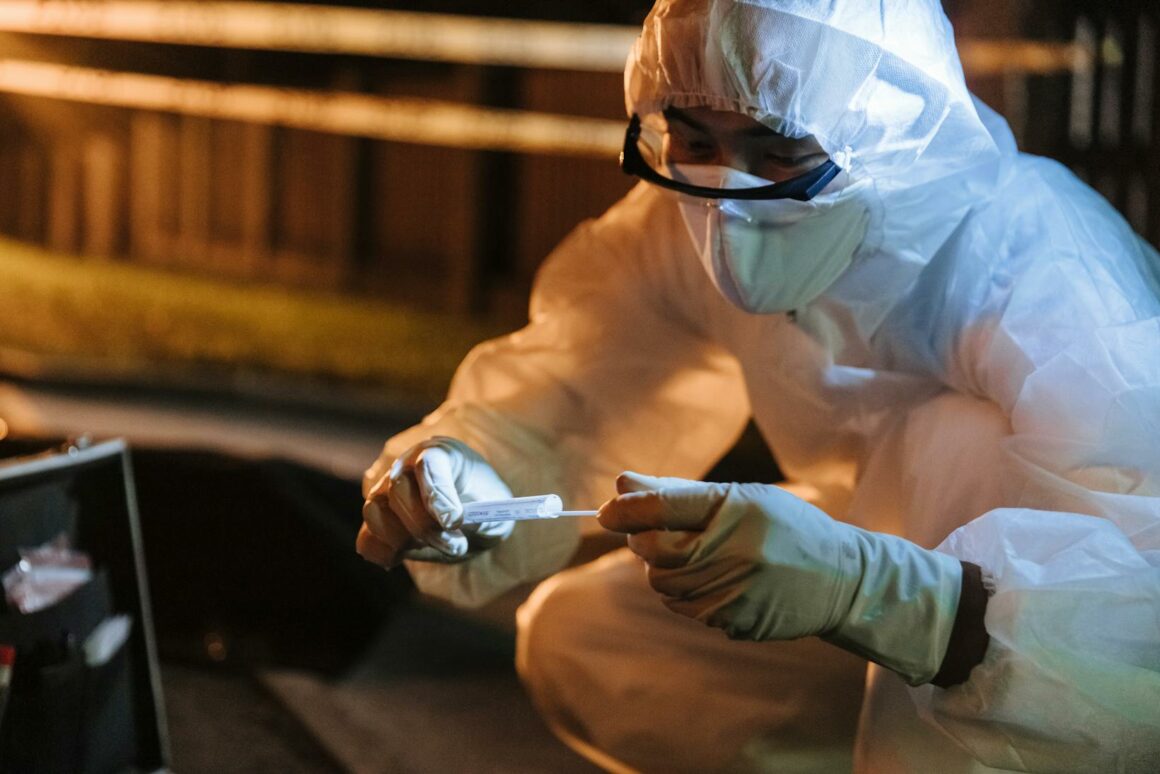In the world of crime-solving, forensic science stands as the unsung hero. It’s the realm where science meets the law, leading to intriguing career paths for those with a keen interest. If you’re one of those individuals, you’re probably searching for the perfect school to kickstart your journey in forensic science.
Choosing the right institution can be a daunting task, given the multitude of schools offering forensic science majors. This article aims to ease your search, providing a comprehensive list of top-notch institutions renowned for their forensic science programs.
Whether you’re a high school graduate or a professional seeking a career shift, this guide will serve as your compass, pointing you towards the best forensic science schools. So, buckle up and prepare for an enlightening journey into the world of forensic science education.
Schools With Forensic Science Majors
The dynamic nature of forensic science, characterized by relentless advancements and discoveries, marks a new era in academic programs. This field is emerging as an essential component of the modern educational landscape.
The Demand for Forensic Science Programs
 Institutional adaptations reflect the surging demand for forensic science programs. A multitude of students, enthralled by the opportunity to delve into the depths of scientific criminal investigations, are pursuing forensic science majors. For example, schools such as Texas A&M University and University of Central Florida have seen a significant upsurge in enrollments for this line of study. According to a report by The Scientist, there’s been an increase of over 50% in interest in forensic science programs over the past two years, signaling a marked shift in academic preferences.
Institutional adaptations reflect the surging demand for forensic science programs. A multitude of students, enthralled by the opportunity to delve into the depths of scientific criminal investigations, are pursuing forensic science majors. For example, schools such as Texas A&M University and University of Central Florida have seen a significant upsurge in enrollments for this line of study. According to a report by The Scientist, there’s been an increase of over 50% in interest in forensic science programs over the past two years, signaling a marked shift in academic preferences.
How Forensic Science Education Has Evolved
 The evolution of forensic science education doesn’t just signify an increase in interest, it reflects advancements in the field itself. Traditionally, forensic education comprised largely of criminal studies and basic laboratory skills. Today, however, it incorporates advanced science disciplines like molecular biology, toxicology, and bioinformatics. The American Academy of Forensic Sciences, for instance, has recently expanded its educational standards to include these skilled areas. It’s not just about examining crime scenes and testing samples anymore, it’s about applying sophisticated scientific knowledge to investigate and solve the most complex crimes.
The evolution of forensic science education doesn’t just signify an increase in interest, it reflects advancements in the field itself. Traditionally, forensic education comprised largely of criminal studies and basic laboratory skills. Today, however, it incorporates advanced science disciplines like molecular biology, toxicology, and bioinformatics. The American Academy of Forensic Sciences, for instance, has recently expanded its educational standards to include these skilled areas. It’s not just about examining crime scenes and testing samples anymore, it’s about applying sophisticated scientific knowledge to investigate and solve the most complex crimes.
What to Look for in a Forensic Science Major
Before opting for a major in forensic science, potential students benefit from considering several key factors. Distinctly, accreditation and certification, along with curriculum and specializations, stand pivotal when selecting an institution. Understanding these will facilitate a choice that not only aligns with academic goals, but also suits professional aspirations.
Accreditation and Certification
Forensic science programs gain credibility through accreditation. This guarantee of quality education typically comes from organizations such as the Forensics Science Education Programs Accreditation Commission (FEPAC). FEPAC, endorsed by the American Academy of Forensic Sciences, outlines stringent standards for forensic science education programs.
Curriculum and Specializations
 Next to consider is the curriculum. A robust forensic science program, besides covering basic principles, delves into advanced scientific disciplines. These include areas such as molecular biology and bioinformatics, mirroring the trends in cutting-edge forensic investigation.
Next to consider is the curriculum. A robust forensic science program, besides covering basic principles, delves into advanced scientific disciplines. These include areas such as molecular biology and bioinformatics, mirroring the trends in cutting-edge forensic investigation.
Furthermore, programs offering specialization opportunities allow students to fine-tune their skills. They may choose to focus on DNA analysis, forensic chemistry, or digital forensics, depending on individual interests and career goals. To illustrate, Texas A&M University offers a comprehensive selection of specialized forensic science tracks.
Conclusion
Forensic science majors are evolving rapidly, reflecting the demand for advanced scientific knowledge in crime-solving. Schools like Texas A&M University and the University of Central Florida are leading the way, integrating disciplines like molecular biology and bioinformatics into their curriculums. The key to choosing the right program lies in considering accreditation, certification, modern curriculum, and relevant specializations.

